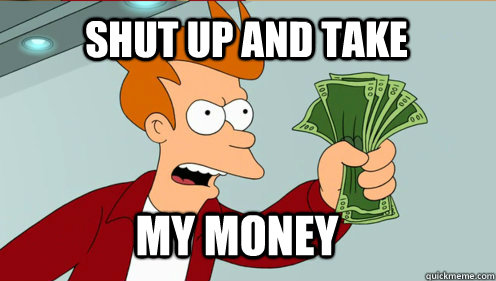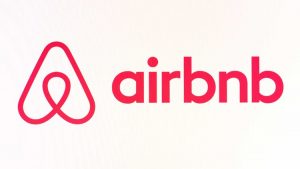After a fun 4 years of video looping, laughs, and video editing glory, Vine, the six second video app, is getting cut off by twitter. In the cleverly titled blog Why Vine Died, Casey Newton discussed points of differences vine had that users stopped appreciating. This fun blog brought up interesting aspects of vine that marketers capitalized in order to capture the attention of audiences.
Short and Sweet
Time is of the essence when it comes to capturing the consumer’s attention. With Vines six second time constraint, content creators were forced to jam pack the six seconds with as much visually pleasing content as possible. This concentrated content resulted in very high quality advertisements that targeted certain demographics depending on the creator.
Targeted Demographics
Marketers are able to choose which content creator they want to collaborate with depending on the demographic of the creators following. We’ve seen this kind of targeted marketing with other social media platforms such as Twitter and Instagram. While this is not new, this form of marketing may be more effective than traditional poster, commercial, and radio advertisements.
Looping
Unlike traditional advertisements, Vine advertisements loop automatically once the vine is “finished”. A single viewer may unknowingly watch a single advertisement multiple times because of this vine exclusive feature. Viewers can get more engaged with vine advertisements as the vines do not stop until you physically click pause.
Popular Viners such as Logan Paul capitalized on their creativity and this opportunity and collaborated with companies such as Piano Tiles, Areopostale, and Verizon in order to make money using their six seconds of fame. According to a 60 minutes report, Logan Paul was paid $200,000 for a single vine, reaching more than seven thousand views and having the same impact as a primetime TV advertisement ad would have.
Although vine is not viewed as a typical advertisement platform, subtle branding across many vines like Logan’s vines can have the same reach as the traditional advertisement platforms. With twitter discontinuing vine as a social media platform, they are also discontinuing a channel of distribution for marketers, forcing marketers to seek and use other social media platforms suitable for adverts.

